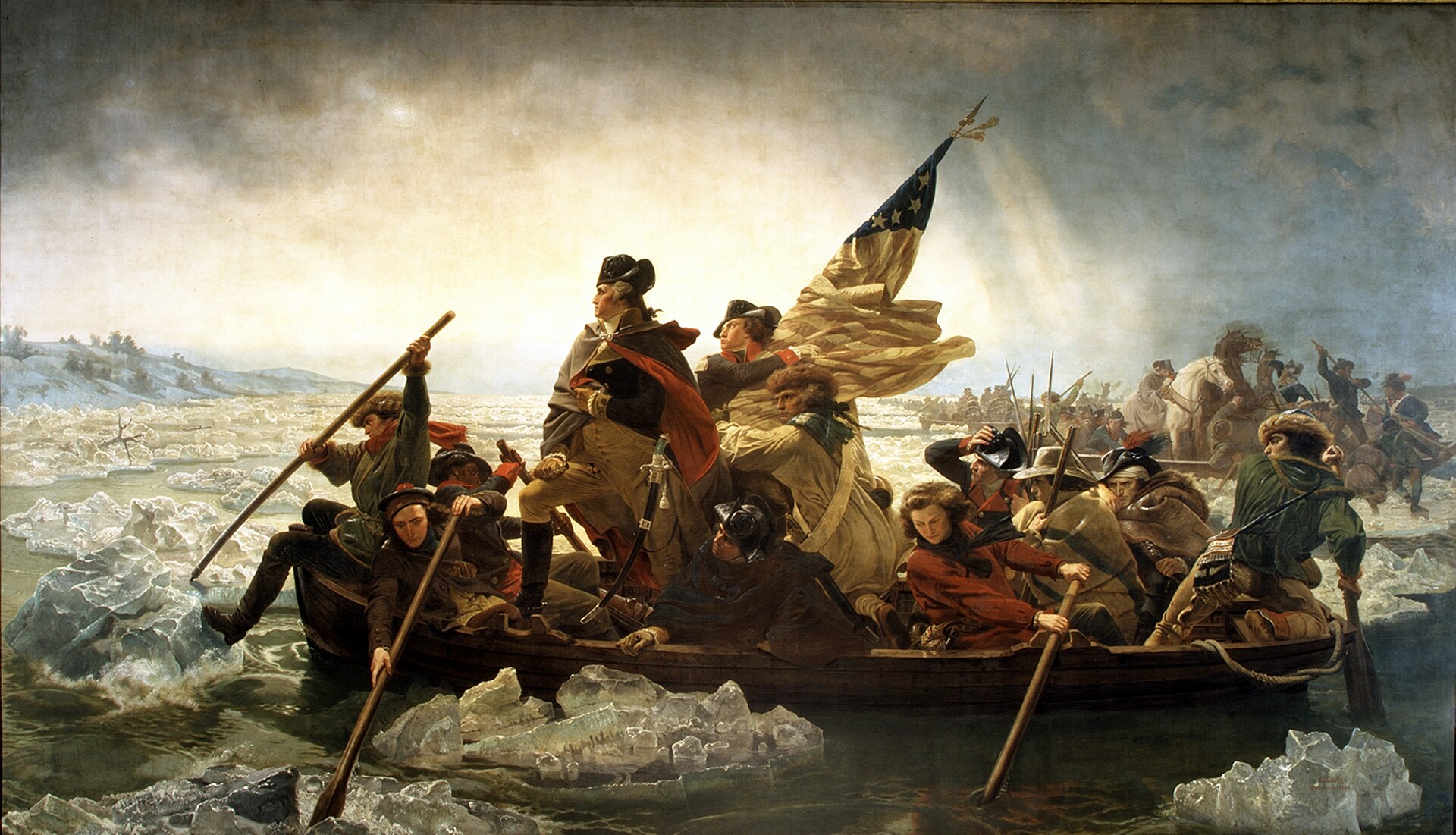The Lottery That Funded the American Revolution: A Creative Solution to War-Time Financing
Published: December 5, 2024

During the American Revolution, the fledgling United States faced a daunting challenge: financing its war for independence against the world’s most powerful empire. Among the ingenious solutions devised by the Continental Congress was an often-overlooked method—lotteries. These lotteries not only raised much-needed funds but also served as a testament to the resourcefulness of the revolutionary leaders.
A Bold Move: Lotteries in Colonial America
Lotteries were not a novel concept in colonial America. They had long been used to fund public works projects, including roads, schools, and churches. However, their role during the Revolution took on greater significance. Faced with limited resources, depreciating currency, and a lack of centralized taxation, the Continental Congress turned to lotteries to supplement their finances.
In 1776, Congress authorized a national lottery aiming to raise $1.5 million for the war effort. Prominent leaders like Benjamin Franklin and George Washington endorsed the initiative, lending it credibility and encouraging public participation. Unlike modern lotteries, these events were framed as both patriotic and practical—an investment in the nation's freedom.
Challenges and Limitations
Despite its ambitious goals, the 1776 lottery struggled to achieve its intended financial outcome. Logistical issues, including difficulties distributing tickets across the colonies, hampered its success. Additionally, wartime uncertainty made many citizens hesitant to part with their money, especially as inflation and economic hardship grew. As a result, the proceeds fell short of the $1.5 million target, limiting the lottery's impact.
It’s important to note that while lotteries provided a novel way to raise funds, they were only one tool in the Revolutionary government’s financial arsenal. Foreign loans, such as those from France and the Netherlands, along with taxes and donations, played a far more significant role in funding the war effort.
How the Lottery Worked
The revolutionary lotteries operated much like modern raffles. Participants purchased tickets for a chance to win prizes, which often included money or goods. These goods varied widely and were tailored to what was valuable during the time. Prizes included items such as livestock, parcels of land, and household goods like fine linens and silverware. For some, winning these practical rewards was a significant incentive to buy tickets, even during challenging times.
Lotteries were also organized at the state level. For example, Massachusetts ran several lotteries, generating revenue for local militia and infrastructure. This decentralized approach allowed individual colonies to address their unique financial needs while contributing to the collective goal of independence.
The Impact and Legacy
Although the national lottery did not meet its financial goal, its significance lies in the creativity and determination of the Continental Congress to explore every possible funding avenue. It demonstrated the spirit of unity and sacrifice among the colonists, even during times of uncertainty.
Today, the use of lotteries during the American Revolution highlights the innovative and resourceful efforts that supported independence. While their overall contribution was limited compared to foreign loans and other financial tools, they remain a fascinating aspect of the war’s economic history.
Conclusion
The American Revolution was a monumental struggle, and funding it required ingenuity and collective effort. Lotteries, while not the most effective financial tool, played a surprising role in securing resources for the fight for independence. They remind us of the lengths to which the patriots were willing to go—and the willingness of ordinary people to stake their fortunes on the promise of freedom.
Sources
- "The History of Lotteries in America." Library of Congress. https://www.loc.gov
- "Funding the American Revolution." National Archives. https://www.archives.gov
- Wikimedia Commons. Public domain images of colonial lotteries. https://commons.wikimedia.org

